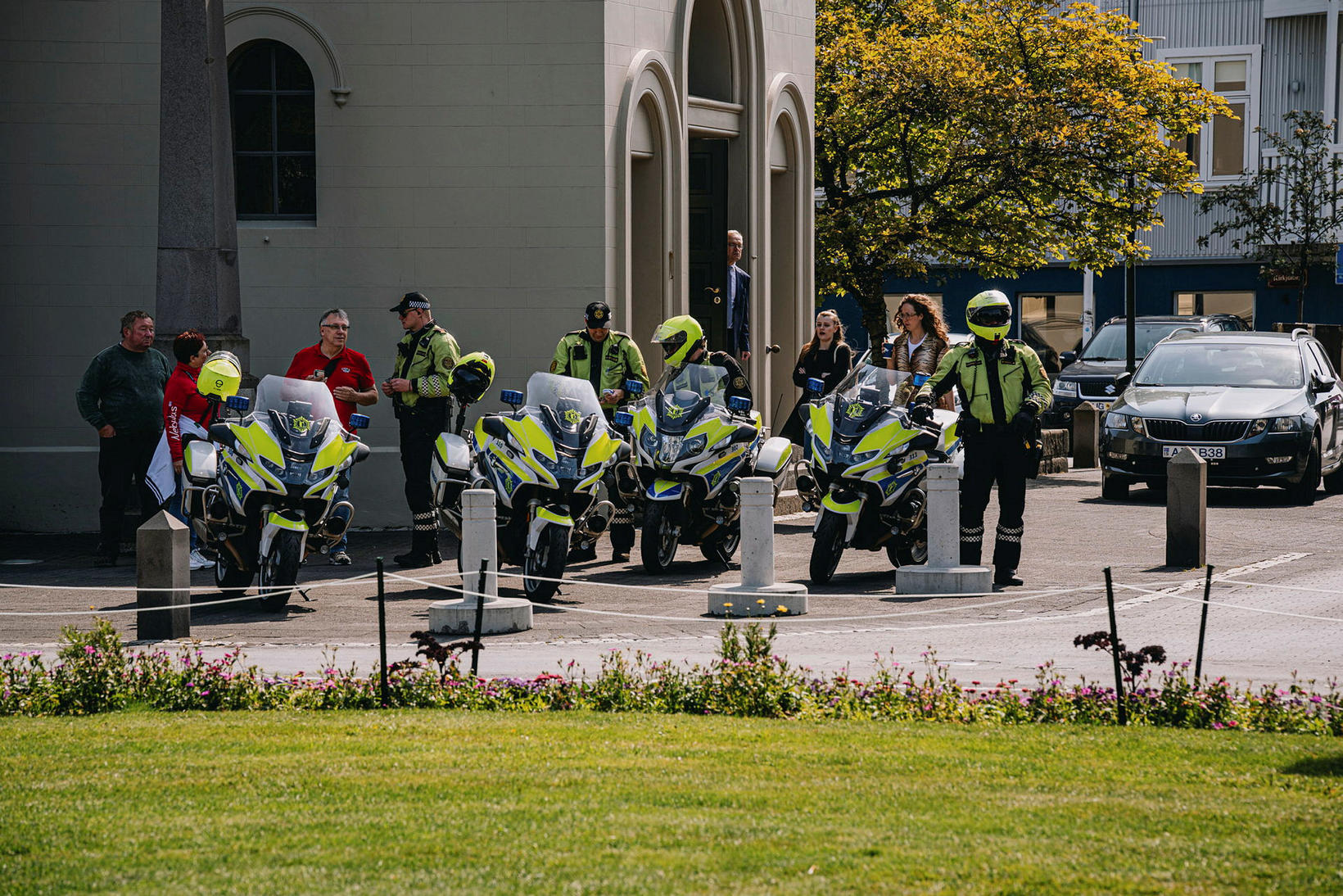Approval for a compulsory subject « religion » has decreased by nearly 30%, but that does not mean negation

Second drilling data within a month on the attitudes of society towards the introduction of a compulsory study of religion at school publishes in his personal profile on Facebook the founder of the Sociological Agency « Maima » Parvan Simeonov. Dnevnik publishes his data and comment. The title is the editorial.
The question this time has been asked so (yes, I know that it is terribly long and conditional, but it is a realistic reflection of the situation, agree): “Discussed in schools, instead of the free elective study of religion, to introduce a mandatory study of religion from the earliest. Whether you are a believer and what is your religion, please, for each of the following, tell me if you approve or do not approve of you personally?
Christians in Europe are decreasing, practitioners of faith are very few
To study religion Christianity as a mandatory elective subject in schools.
To study Islam religion as a compulsory elective subject in schools.
To study a common subject for virtues in different religions.
On the three options, the data is as follows:
34.2% approve of studying religion Christianity as a compulsory elective subject in schools – against 46.5%, which they do not approve. The rest cannot judge.
15.7% approve of studying Islam religion as a compulsory elective subject in schools, but 70.1% do not approve. The rest cannot judge.
41.2% approve of studying a common subject for virtues in different religions, and 43.4% do not approve. The rest cannot judge.
The last option is my interpretation of opportunities and is absolutely hypothetical. But it responds to my reading and approach.
Survey: Nearly 60% of Bulgarians support the study of religion at school
Now I remind you what our drilling was shown since March. The well was conducted by phone between March 14 and 18, 2025 among 801 adult Bulgarian citizens. The maximum standard deviation is ± 3.5 at 50% partitions. 1% of the sample equals about 54,000 people. The question was: « It is discussed to introduce a compulsory program to study religion in schools, within which one can choose the study of religion or alternative ethics, philosophy and history of religions. Please tell me you personally agree, or rather disagree with the introduction of such an object in school. » The results were: 63.4% – « rather agree », 33% – « rather disagree », 3.6% – « I don’t know/unanswered ». When filtering the answers only among the parents of students (the base is small: 207 people), it is obtained: 56.2% – « rather agree », 40.1% – « rather disagree » and 3.7% « I do not know/without answer ».
The debate has worked
And so. At first glance, it may seem that the data now contains a major negation. But I would interpret them as hesitation, confusion, maybe. Changing the time a month earlier shows that the debate worked, it influenced. If we had public instincts then, basic attitudes, now it seems that it seems to be an opinion, not just a setup. Soon, public opinion will really be formed and it is essential important where the discussion will go.
Every researcher will tell you that for the public climate in Bulgaria, such distributions « 30 to 40 » or « 40 to 40 » are already a good certificate against the background of traditional skepticism and negation of all power ideas in our country. Negation is only clear in the idea of studying Islam. She likes more – naturally – to Muslims themselves. They also do not mind the study of Christianity. However, what we can conditionally name with the summary of Bulgarians – ie. Not ethnic Turks or other ethnicities, for example – is visible against the possibility of studying Islam.
The first red lamp
The first red lamp is also lights at – the possibility of students being divided into learning one and the other religion. Of course, the counterargument is that it is better to study Islam to be a state job, not the work of « imported » spiritual practices. To put it just briefly. At the same time, this may be one of Islam’s largest studies in Europe. Moreover, in the Balkans. I do not discuss religions, I discuss the practical aspect.
In general, the data is obeyed to ethnicity (rally), but also at age. The youngest are the most clear. This is also expected. It is as if the parents of students are more skeptical.
According to Yanka Takeva, nearly 70% of teachers support the subject « virtues and religions »
Parents’ opinions are more worrying
The second red lamp also lights up here: the general opinions are normal, but the parenting opinions are more worrying. Therefore, a clear explanation is needed how teaching will be practically happening.
I hope colleagues continue to explore the topic as well and get into a conversation. I accept any adjustments and ideas.
In summary: The topic does not encounter public resistance, which is often found in other management ideas in the years. For comparison, just for example – I give the attitude to the current topic for the euro: there we have a 39% ratio in « at 57% » against. But the idea could be accepted mostly as education in virtues. If it becomes religion, it can cause a social problem.








